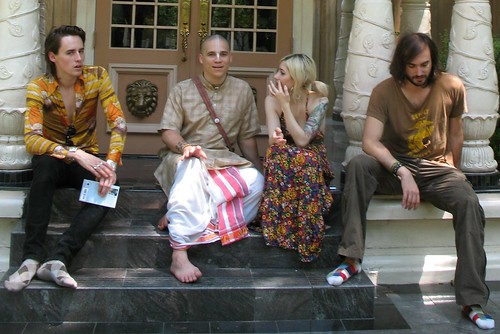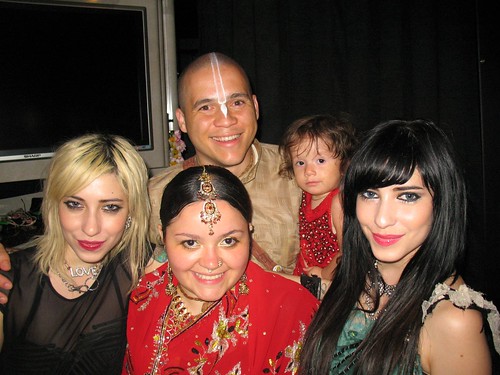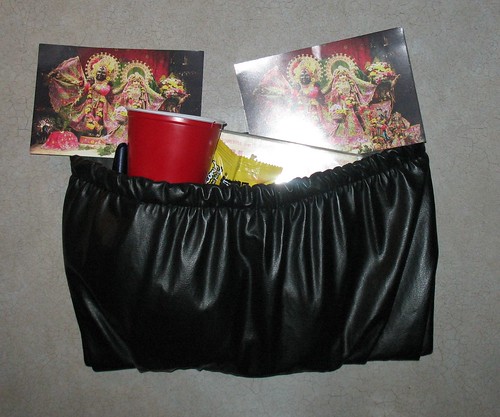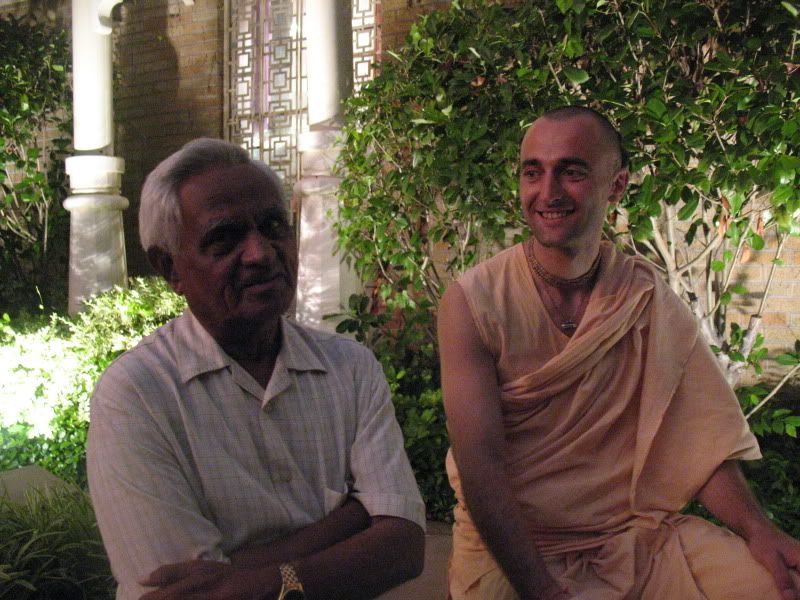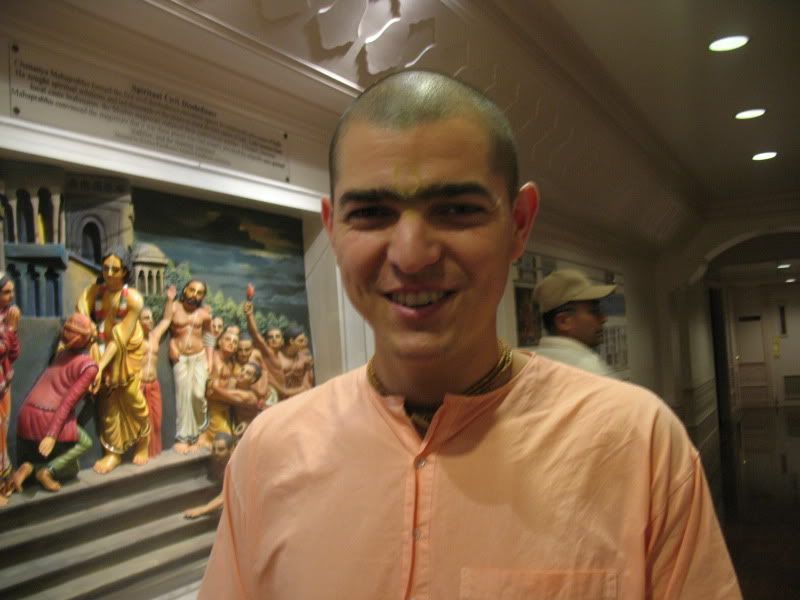
I was invited to participate in the Texas Faith Panel. This column in the Dallas Morning News,
William McKenzie/Editorial Columnist describes as follows ,
Each week we will post a question to a panel of about two dozen clergy, laity and theologians, all of whom are based in Texas or are from Texas. They will chime in with their responses to the question of the week. And you, readers, will be able to respond to their answers through the comment box.
This weeks question:
President Obama wove together numerous themes in a compelling address in Egypt Thursday. He talked about bridging religious differences, expanding women's rights and America's role in the Mideast. At the very end, he said:
"We have the power to make the world we seek, but only if we have the courage to make a new beginning, keeping in mind what has been written.
The Holy Koran tells us, "O mankind! We have created you male and a female; and we have made you into nations and tribes so that you may know one another."
The Talmud tells us: "The whole of the Torah is for the purpose of promoting peace."
The Holy Bible tells us, "Blessed are the peacemakers, for they shall be called sons of God."
The people of the world can live together in peace. We know that is God's vision. Now, that must be our work here on Earth. Thank you. And may God's peace be upon you."
Now, we all want the lamb and the lion to lie down together. But here's the question for next week:
Can the world live together in peace? What does your faith tradition say about that being a realistic hope?and here was the response:
NITYANANDA CHANDRA DAS, minister of ISKCON (International Society for Krishna Consciousness), Dallas
"We hold these truths to be self-evident, that all men are created equal, that they are endowed by their Creator with certain unalienable Rights, that among these are Life, Liberty and the pursuit of Happiness."
This sentence from the Declaration of Independence is one of the best known sentences in the English language. For this statement to develop from an ideal to a reality will take time.
Since the day of its acceptance, on July 4th 1776, many issues were to be addressed. In previous times it was thought by some that African Americans did not have a soul. This misconception was known as racism.
It has also been considered that women did not have a soul. This misconception was known as sexism.
Currently, however, many humans consider animals to be soulless. This misconception I call speciesism.
The Bhagavad-gita explains that all souls may be united by religion. What is religion? Religion means to develop one's love for God. Religion does not mean club affiliation, but rather heart transformation.
In chapter 5.29 of Bhagavad-gita, the peace formula is given. If one realizes everything is meant for God, everything is owned by God, and God, Krishna, is everyone's most dear friend, one will have peace.
Egalitarianism is simply a myth without spiritual vision. No scientific study can validate that there should be should be equal rights among humans, as we are all different. Nor can science establish what grants rights. This spiritual vision is brought about when one realizes that all living creatures come from the same divine source.
All scriptures maintain that the ideal peaceful residence is the spiritual world. However, it is possible to have a fraction of such peace in this world, provided we develop the consciousness of the residents of the spiritual world.
Hare Krishna :)
Your humble servant,
Nityananda Chandra Das
To see all the responses from the Texas Faith Panel click here





